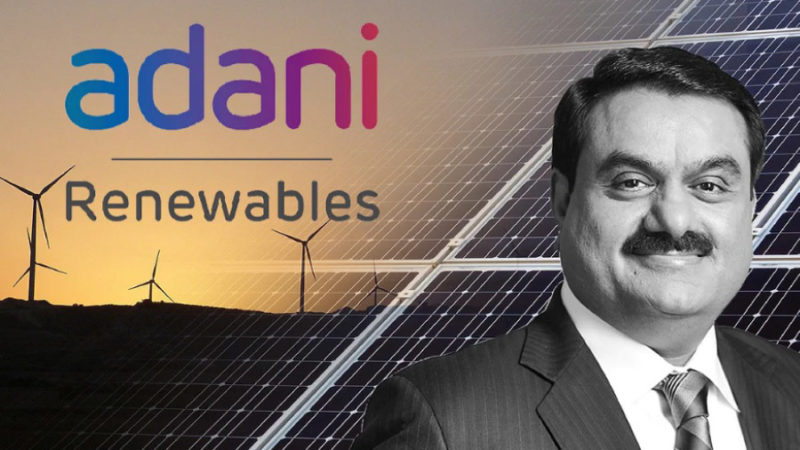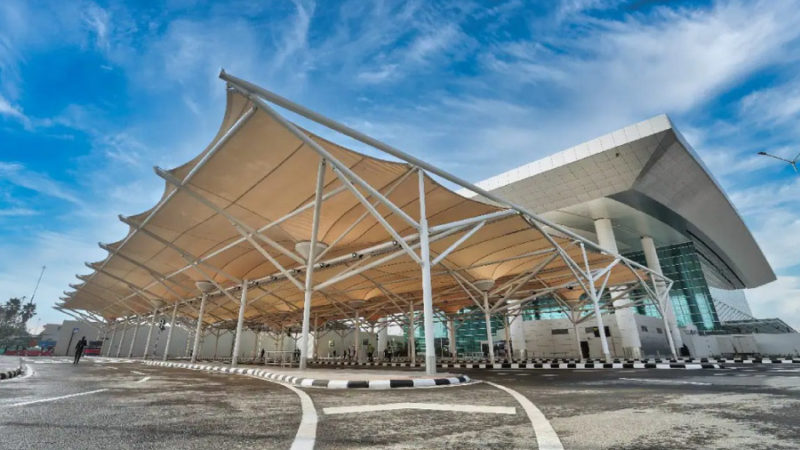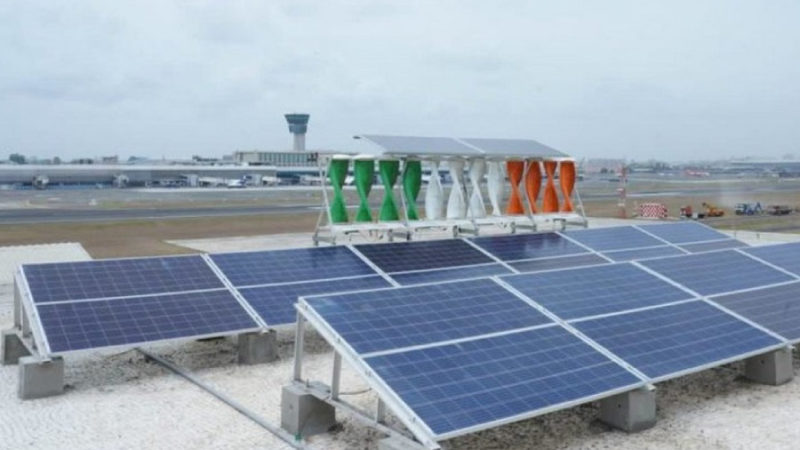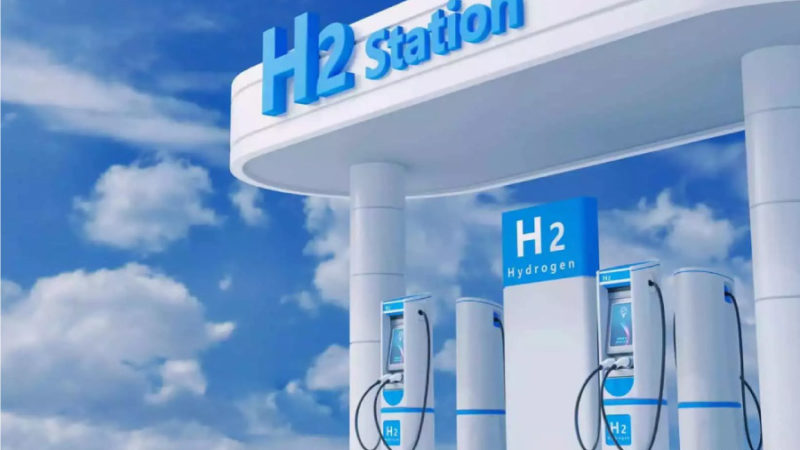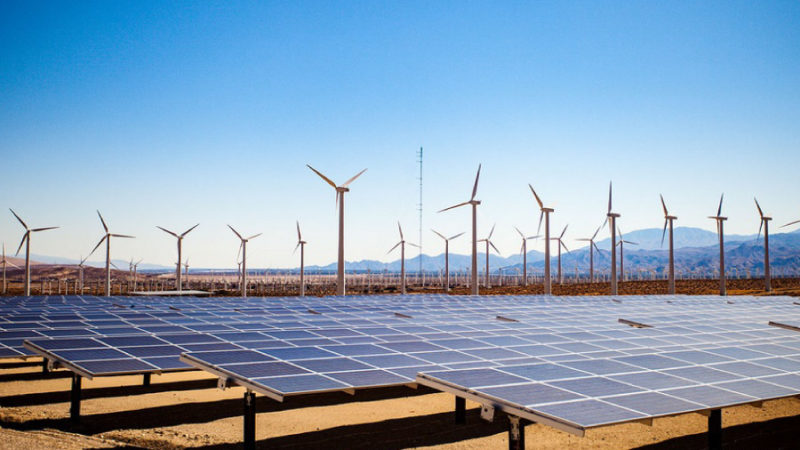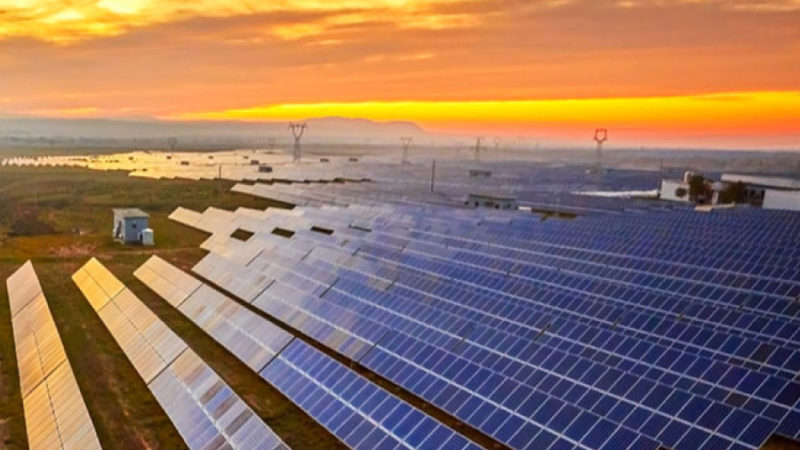MNRE should continue to support the waste to energy scheme with central assistance: IBA
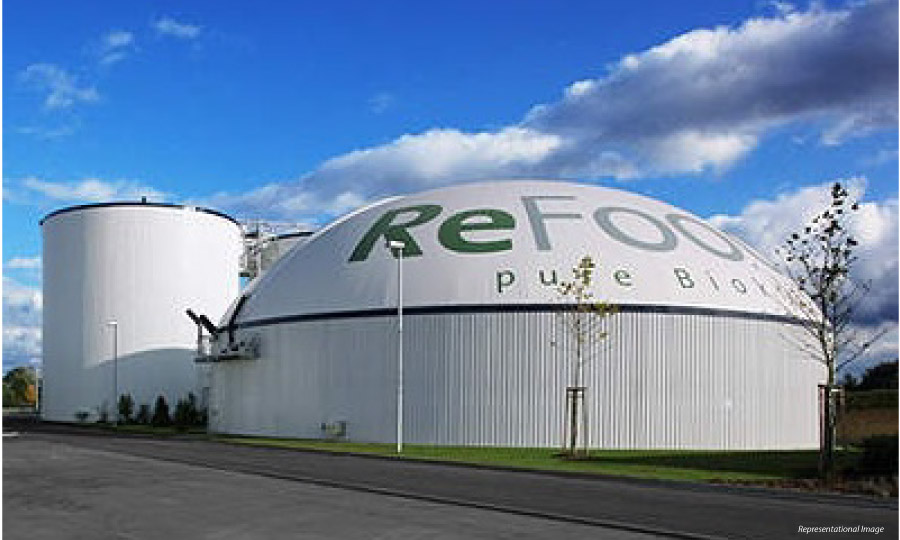
According to the Indian Biogas Association, the Ministry of New and Renewable Energy should continue the waste to energy scheme with central financial assistance.
The continuation of the waste to energy scheme through central financial assistance by the Ministry of New & Renewable Energy (MNRE) has been requested by the Indian Biogas Association (IBA).
A R Shukla, the President of the Indian Biogas Association, highlighted the challenges faced by biogas and bio-CNG projects, saying that a proper push from the government is needed by supporting projects with the Central Financial Assistance Programme.
The ‘Biogas/CBG/bio-CNG projects/plants’ work as scientific waste treatment and pollution abatement, organic fertiliser production plants, and gaseous fuel generators. It remains unclear whether subsidies will be paid for the current fiscal year, Shukla said.
“If all of the nation’s biogas reserves were utilized, the distinct output would be 62 million metric tonnes of Bio-CNG and 658 million tonnes of organic fertilizer annually. Direct effects include a reduction in fossil fuel imports (by about 35 per cent) and synthetic fertilizer imports (about 27 per cent of imported N, P, and K fertilizers),” he added.
By 2023, the government aims to facilitate the establishment of 5,000 plants. According to the IBA, the projects can be fast tracked if the state policy allows agricultural land to be used for the Bio-CNG plant, which is already the case with some states like Haryana.
Thus, as a result of the Rs 20,000 crore in subsidies, the government will be able to reduce the import bill of various fossil fuels and synthetic fertilizers worth Rs 1.1 lakh crore yo-y, after the projects are commissioned, it further added.
Talking about the latest CFA grants notification dated February 28, 2020, where around INR 478 crore was allocated for 257 MWeq in 2019-20. The IBA further pointed out that this amount was far below the CFA/subsidy required to achieve the targets under the SATAT initiative (Sustainable Alternative Towards Affordable Transportation).
Connect with Power Insight: Facebook | LinkedIn | Twitter


